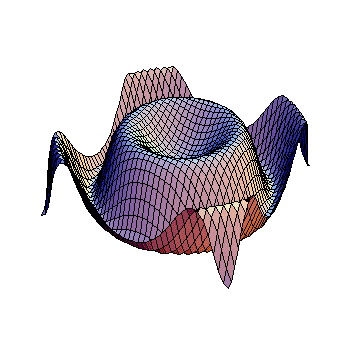How do you solve #e^x - 15e^(-x) - 2 = 0 #?
1 Answer
Oct 14, 2015
Explanation:
Multiply both sides by
Call
Solve the quadratic
But
The exponential function is positive for every real
Taking the log of both sides we have

